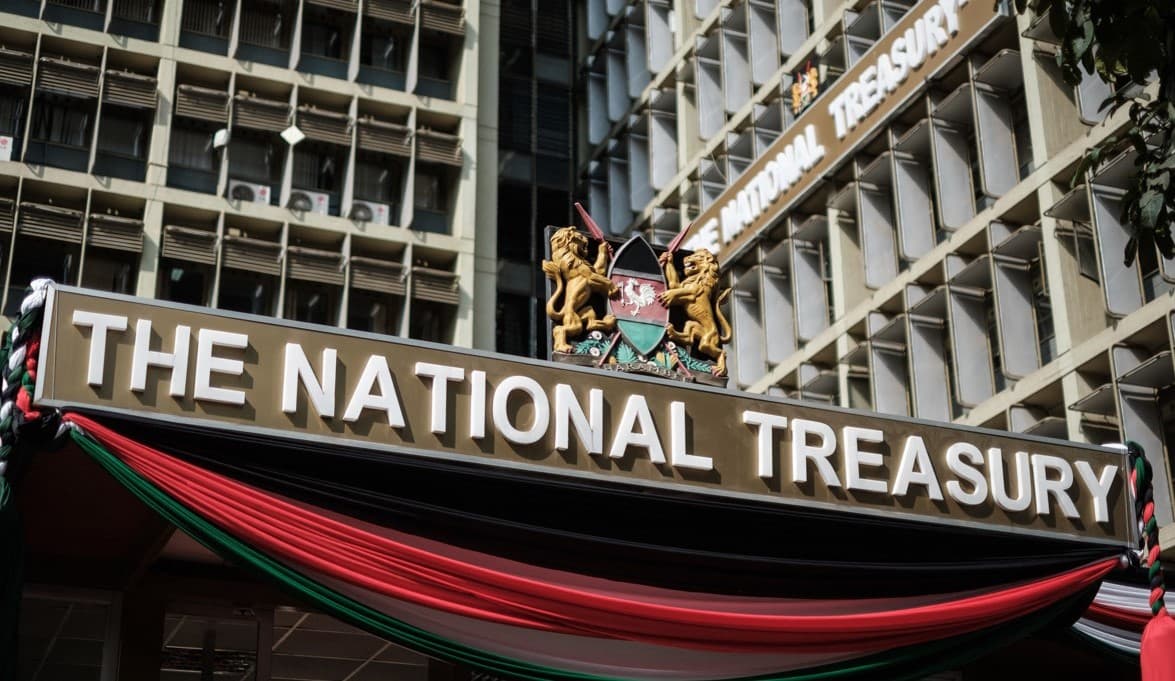We're loading the full news article for you. This includes the article content, images, author information, and related articles.
Kenyan retirees face mounting financial distress as the National Treasury fails to disburse billions in pension payments, undermining recent tax reliefs designed to support them. Systemic failures and a national cash crunch are at the heart of the crisis.

NAIROBI – Tens of thousands of Kenyan retirees are facing severe financial hardship as the National Treasury continues to delay the disbursement of pension funds, with arrears running into billions of shillings. This crisis persists despite the recent implementation of significant tax reliefs under the Tax Laws (Amendment) Act, 2024, which were intended to enhance the financial security of pensioners.
The core of the problem is not a dispute over tax policy but a severe liquidity challenge within the government, coupled with long-standing systemic inefficiencies at the Pensions Department. According to reports from the Controller of Budget and parliamentary committees, the Treasury's failure to release funds on time has become a chronic issue. For the financial year ending June 2024, the Treasury failed to pay Sh24 billion due to 259,222 retirees and 83,615 dependents, citing cash flow problems. [8] This trend has continued, with pensioners missing out on Sh34 billion in payments in the first quarter of the 2024/2025 fiscal year alone. [8] By April 2025, only 61% (Sh136.9 billion) of the Sh223.14 billion allocated for pensions in the financial year had been paid. [18]
The ballooning pension bill, which crossed the Sh200 billion mark for the first time in the year to June 2025, now represents one of the largest spending items under the Consolidated Fund Services, alongside public debt repayments. [13] Treasury CS John Mbadi acknowledged the delays, attributing them to “system challenges” and other unspecified issues. [13]
The delays are exacerbated by deep-rooted administrative failures. The Commission on Administrative Justice (CAJ), also known as the Office of the Ombudsman, has condemned the Pensions Department for its inefficiency and lack of responsiveness. In February 2025, CAJ Chairperson Charles Dulo revealed that the commission had received 318 complaints against the department since 2019, with 144 cases still unresolved. [15, 16] The investigation uncovered shocking delays, with some retirees waiting for their dues for over 26 years. [16] The Ombudsman issued a 60-day ultimatum to the Director of Pensions to settle all outstanding claims, warning of legal action if the directive was ignored. [15]
An analysis of the complaints showed that the vast majority—274 cases—related to delays in processing pensions. [15] These findings paint a grim picture of a system failing those who dedicated their working lives to public service, forcing them into financial uncertainty and a loss of dignity during their retirement years. [16]
The failure to pay retirees stands in stark contrast to recent legislative reforms designed to benefit them. The Tax Laws (Amendment) Act, 2024, which took effect on December 27, 2024, was celebrated as a significant step forward for pension management in Kenya. [3, 6] The reforms, announced by the Retirement Benefits Authority (RBA), included several key provisions:
These changes were intended to address the rising cost of living and encourage a culture of saving for retirement. [6, 12] However, the inability of the Treasury to meet its basic payment obligations means that for thousands of retirees, these tax benefits remain theoretical, overshadowed by the immediate crisis of having no income at all.
The persistent delays in pension payouts have significant implications for the Kenyan economy. For retirees and their dependents, it means an inability to meet basic needs, cover medical bills, and maintain a decent standard of living. This financial distress can have a ripple effect, reducing consumer spending and increasing the burden on the wider family and social support systems.
Furthermore, the government's failure to honour its commitments erodes public trust and confidence in the pension system. This could discourage current workers from contributing to pension schemes, undermining the long-term goal of fostering a robust national savings culture. With over 85,000 more public servants expected to retire by June 2026, the pressure on the Exchequer is set to intensify, making urgent and comprehensive reforms to the pension payment system a matter of national priority. [13, 18]
Keep the conversation in one place—threads here stay linked to the story and in the forums.
Sign in to start a discussion
Start a conversation about this story and keep it linked here.
Other hot threads
E-sports and Gaming Community in Kenya
Active 9 months ago
The Role of Technology in Modern Agriculture (AgriTech)
Active 9 months ago
Popular Recreational Activities Across Counties
Active 9 months ago
Investing in Youth Sports Development Programs
Active 9 months ago
Key figures and persons of interest featured in this article